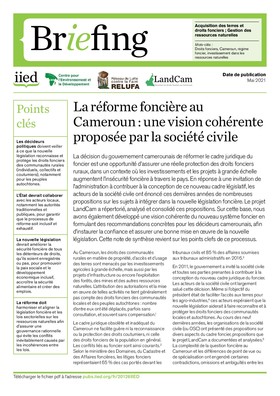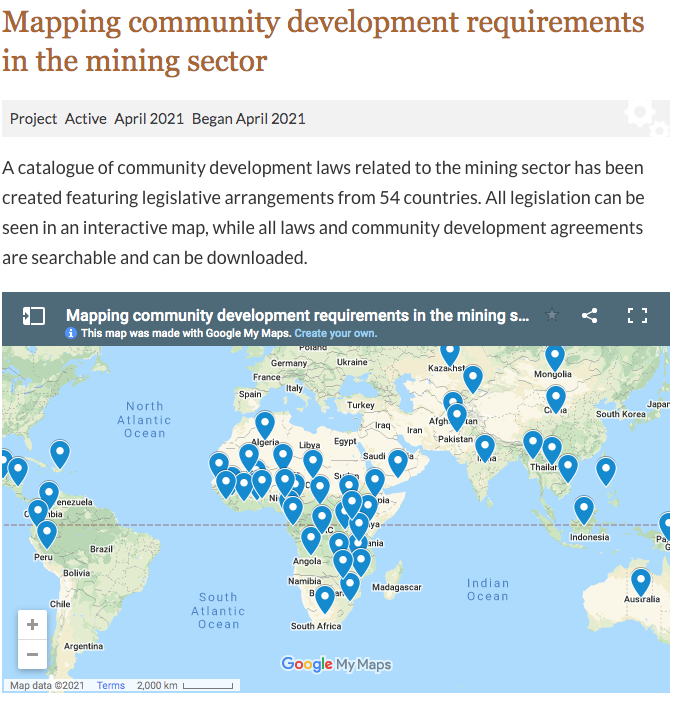Focal point
Location
Mission
Our mission is to build a fairer, more sustainable world, using evidence, action and influence in partnership with others.
Who we are
IIED is one of the world’s most influential international development and environment policy research organisations. Founded in 1971 by economist Barbara Ward, who forged the concept and cause of sustainable development, we work with partners on five continents. We build bridges between policy and practice, rich and poor communities, the government and private sector, and across diverse interest groups. We contribute to many international policy processes and frameworks, including the Intergovernmental Panel on Climate Change, the Millennium Ecosystem Assessment and the UN conventions on climate change and biological diversity.
What we do
IIED carries out research, advice and advocacy work. We carry out action research — generating robust evidence and know-how that is informed by a practical perspective acquired through hands-on research with grassroots partners — and we publish in journals and maintain high research standards. We advise government, business and development agencies, and we argue for changes in public policy. We focus on bottom-up solutions, stay open to flexible, adaptable solutions and are marked by a tradition of challenging conventional wisdom through original thinking.
Resources
Displaying 26 - 30 of 367Study shows how training is shaping women’s awareness of their land rights
Outlines how state and civil society-led legal empowerment initiatives can help secure land and resource rights;strengthen governance;improve access to legal systems and increase citizen participation in decision making.
Land reform in Cameroon: a coherent vision from civil society
Includes overview;the problem: Development Finance Institutions (DFIs) finance a destructive model;current situation: DFIs write off loans;impacted communities face repression;human rights abuses;the role of European DFIs;recommendations. The negative outcomes experienced in the case of Feronia Inc.
Land reform in Cameroon: a coherent vision from civil society
The Cameroonian government’s decision to reform the land legal framework is an opportunity to provide real protection for rural land tenure rights, in a context where major investments and projects are increasing tenure insecurity across the country. Responding to an invitation from the administration to help design this new framework, civil society stakeholders have issued multiple proposals over the years on the topics they think should be included in the new land law. The LandCam project has documented, analysed and consolidated these proposals.
La réforme foncière au Cameroun : une vision cohérente proposée par la société civile
La décision du gouvernement camerounais de réformer le cadre juridique du foncier est une opportunité d’assurer une réelle protection des droits fonciers ruraux, dans un contexte où les investissements et les projets à grande échelle augmentent l’insécurité foncière à travers le pays. En réponse à une invitation de l’administration à contribuer à la conception de ce nouveau cadre législatif, les acteurs de la société civile ont énoncé ces dernières années de nombreuses propositions sur les sujets à intégrer dans la nouvelle législation foncière.
Mapping community development requirements in the mining sector
IIED, the Sustainable Development Strategies Group (SDSG) and the Columbia Center on Sustainable Investment (CCSI) have created a collection of community development laws for the mining sector to encourage and facilitate better research and policy. The resource, with all community development laws available to search via the map above and all legislation and agreements in the list below, includes relevant legislation from 54 countries. All documents are available to download in PDF format.






